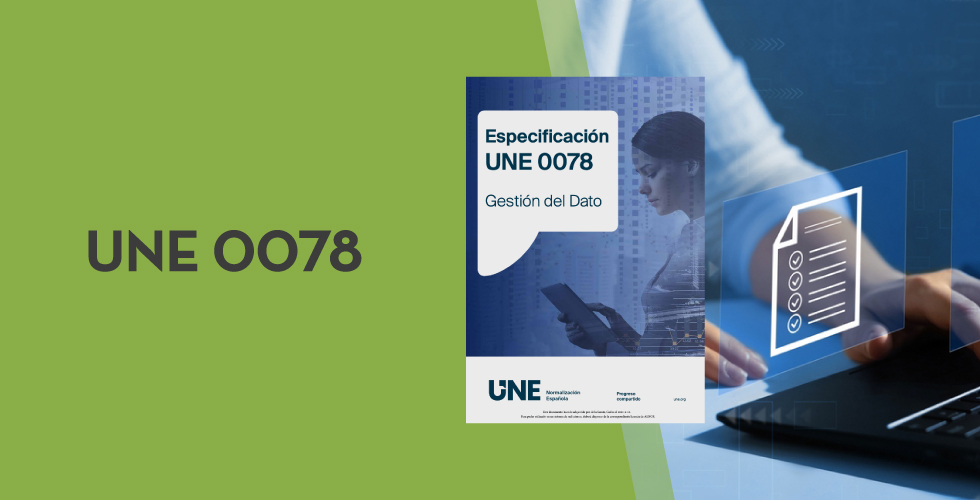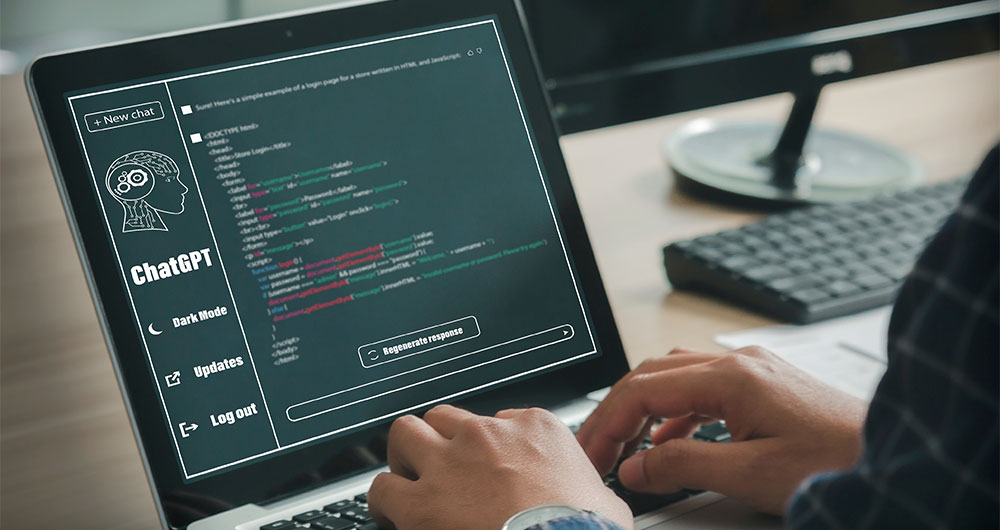11 posts found
PET technologies: how to use protected data in a privacy-sensitive way
As organisations seek to harness the potential of data to make decisions, innovate and improve their services, a fundamental challenge arises: how can data collection and use be balanced with respect for privacy? PET technologies attempt to address this challenge. In this post, we will explore what…
How Artificial Intelligence and Open Data can re-imagine our cultural future
We are currently in the midst of an unprecedented race to master innovations in Artificial Intelligence. Over the past year, the star of the show has been Generative Artificial Intelligence (GenAI), i.e., that which is capable of generating original and creative content such as images, text or music…
Aplicación de la Especificación UNE 0079:2023 de gestión de calidad a los datos abiertos
Continuamos en esta segunda entrega de la serie de artículos con la aplicación de las especificaciones UNE. Antes de nada, recordemos que las Especificaciones UNE 0077, UNE 0078 y UNE 0079 introducen las buenas prácticas en el gobierno del dato, gestión del dato y gestión de calidad del dato con una…
Aplicación de las Especificación UNE 0078: 2023 a los datos abiertos
Este artículo constituye la tercera y última entrega de la serie de artículos dedicados dedicado a la aplicación de las especificaciones UNE de Gobierno, Gestión y Gestión de la calidad del dato a la publicación de datos abiertos. Recordemos que lo estamos realizando, aplicándolo al caso ficticio de…
Chat GPT-3 API The Gateway to Integrations
We continue with the series of posts about Chat GPT-3. The expectation raised by the conversational system more than justifies the publication of several articles about its features and applications. In this post, we take a closer look at one of the latest news published by openAI related to Chat GP…
GPT-3 chat: we programmed a data visualisation in R with the trending AI
Talking about GPT-3 these days is not the most original topic in the world, we know it. The entire technology community is publishing examples, holding events and predicting the end of the world of language and content generation as we know it today. In this post, we ask ChatGPT to help us in progra…
Open data as a source of knowledge for generative artificial intelligence
Generative artificial intelligence refers to machine’s ability to generate original and creative content, such as images, text or music, from a set of input data. As far as text generation is concerned, these models have been accessible, in an experimental format, for some time, but began to generat…
Dall-E: NLP and AI on images
For years now we have been announcing that Artificial Intelligence is undergoing one of its most prolific, exciting periods. A time when applications and use cases begin to be seen in which human intelligence merges with artificial intelligence. Some occupations are changing forever. Journalists and…
Technical Standards to achieve Data Quality
Transforming data into knowledge has become one of the main objectives facing both public and private organizations today. But, in order to achieve this, it is necessary to start from the premise that the data processed is governed and of quality.
In this sense, the Spanish Association for Standardi…
The protection of personal data in the draft Data Governance Regulation (Data Governance Act)
Since the initial publication of the draft European Regulation on Data Governance, several steps have been taken during the procedure established for its approval, among which some reports of singular relevance stand out. With regard to the impact of the proposal on the right to the protection of pe…









